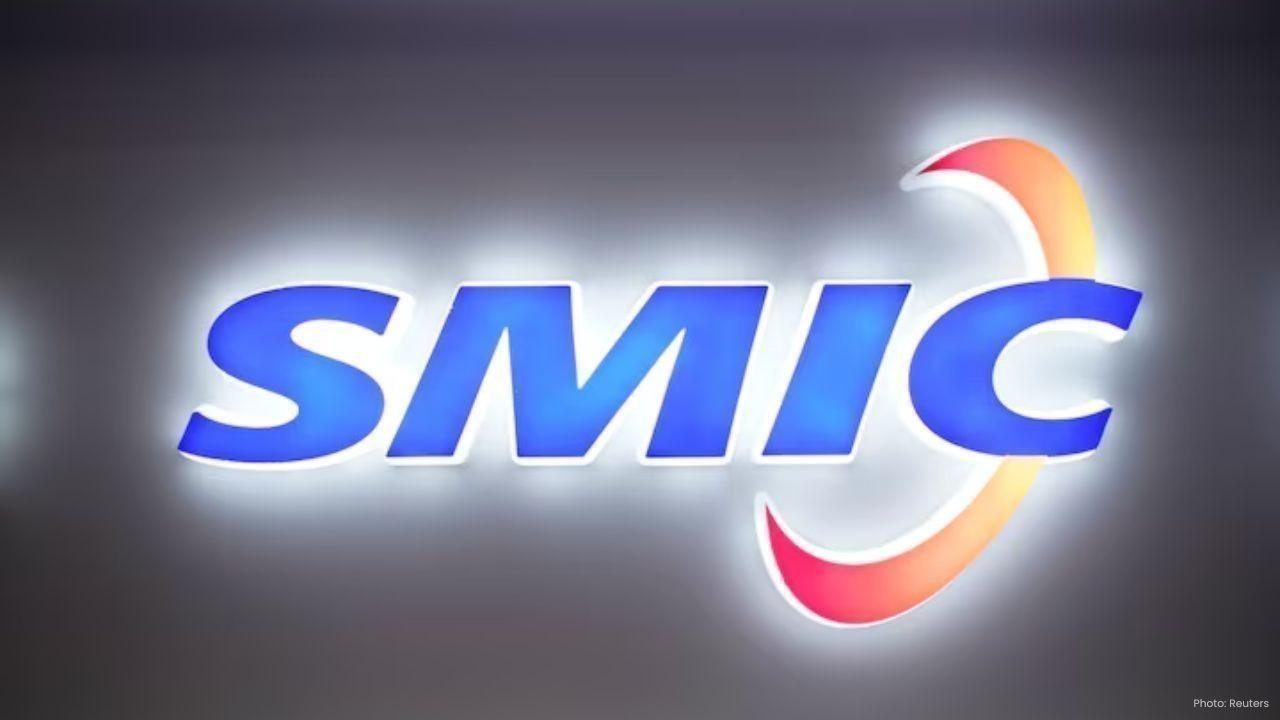
Join 10k+ people to get notified about new posts, news and tips.
Do not worry we don't spam!

Post by : Raman
The United States government has taken strong action against two Chinese companies for acquiring advanced U.S. chipmaking equipment. These companies, GMC Semiconductor Technology (Wuxi) Co. and Jicun Semiconductor Technology, are now part of a group of 32 entities recently added to the U.S. Department of Commerce’s Entity List. Most of these companies, 23 in total, are based in China.
This step is part of a larger effort by the U.S. to protect sensitive technology and maintain its leadership in the semiconductor industry. Semiconductors, also called chips, are crucial for modern electronics, computers, and military systems.
The two companies, GMC Semiconductor and Jicun Semiconductor, were accused of supplying advanced U.S. equipment to SMIC, China’s largest chipmaker. SMIC, or Semiconductor Manufacturing International Corporation, is a key player in China’s plan to become self-reliant in high-end chips.
SMIC’s subsidiaries, including SMIC Northern Integrated Circuit Manufacturing (Beijing) Corp and Semiconductor Manufacturing International (Beijing) Corporation, were already on the Entity List. Being on this list means American companies need special permission to sell technology to them, and licenses are often denied due to national security concerns.
The U.S. Department of Commerce listed the companies for several reasons:
Acquiring U.S.-origin items that support China’s military modernization.
Contributing to China’s advanced computing and chip production.
Directly supplying technology to China’s military, government, or security organizations.
Another company, Shanghai Fudan Microelectronics Technology Co., and its affiliates in China, Singapore, and Taiwan, were also added. The U.S. claims Shanghai Fudan provided technology to Russian military end users, which led to further restrictions.
Being on the Entity List has serious consequences for these Chinese firms:
Restricted Access to Technology: They cannot freely buy U.S. technology or equipment. Special licenses are needed, which are rarely approved.
Slowed Innovation: U.S. chipmaking tools are some of the most advanced in the world. Without them, China may struggle to produce cutting-edge semiconductors.
Military Implications: The U.S. aims to slow China’s progress in technology that could have military applications.
For SMIC, these restrictions could delay advanced chip production and affect China’s competitiveness in global technology markets.
The sanctions are not limited to China. Companies from India, Iran, Turkey, and the United Arab Emirates were also added to the Entity List. While the U.S. did not provide full details for these countries, the move shows a broader strategy to control the transfer of sensitive technology.
The U.S. Department of Commerce said these actions protect national security and maintain a technological edge in semiconductors, artificial intelligence, and advanced computing. A spokesperson stated, “The U.S. continues to ensure that American technology does not contribute to military advancements in countries that may threaten our national security or global stability.”
GMC Semiconductor and Jicun Semiconductor have not publicly responded. China has criticized U.S. restrictions, calling them unfair and politically motivated. Beijing claims these measures disrupt global supply chains and hinder technological cooperation.
SMIC is China’s largest chipmaker and a central part of the country’s push for self-reliance in technology. The company produces semiconductors used in everything from smartphones to military systems. SMIC has been under U.S. restrictions since 2020 because of concerns over technology being used for military purposes.
The addition of GMC Semiconductor and Jicun Semiconductor shows that the U.S. is carefully monitoring companies that supply SMIC.
The Entity List is a tool used by the U.S. government to control companies, organizations, and individuals that pose risks to national security or foreign policy interests. Companies on the list need special licenses to buy U.S. technology. These licenses are usually denied, effectively cutting off access to important American technology. The list is managed under the Export Administration Regulations (EAR).
Being on the Entity List is a serious sanction because access to U.S.-made equipment is crucial for high-end chip manufacturing.
This move is part of the ongoing technology competition between the U.S. and China, especially in semiconductors. For the U.S., the goal is to maintain an advantage in advanced technology and prevent rival countries from using it for military purposes. For China, restrictions make it harder to produce high-end chips domestically, pushing companies to innovate independently or look for alternatives outside the U.S.
Industry experts say these sanctions could reshape global semiconductor supply chains, affecting not only China but also other countries that rely on Chinese chips for electronics manufacturing.
The U.S. government’s decision to add GMC Semiconductor and Jicun Semiconductor to the Entity List highlights its commitment to protecting sensitive technologies. By restricting access to critical U.S. chipmaking equipment, the U.S. seeks to slow China’s military modernization and maintain its technological leadership.
These actions reflect the complex relationship between global trade, technology, and national security. The effects are likely to be felt across the semiconductor industry worldwide, shaping the future of technology development, trade, and innovation for years to come.
US China tech war, US sanctions China, Chinese chip companies, SMIC news, GMC Semiconductor










Sushila Karki Becomes Nepal’s First Woman Prime Minister
Eminent jurist Sushila Karki, 73, becomes Nepal’s first woman prime minister after Gen Z protests to

Netanyahu gambled by targeting Hamas leaders in Qatar. It appears to have backfired
Netanyahu’s airstrike on Hamas leaders in Qatar failed, hurting global ties, angering allies, and ra

Esha Singh Wins Gold in 10m Air Pistol at ISSF World Cup 2025 India Shines
Esha Singh secures India’s first gold at ISSF World Cup 2025 in Ningbo, beating top shooters in a th

Neymar won’t have problems securing Brazil World Cup spot if in top shape, says Ancelotti
Brazil coach Ancelotti says Neymar must prove physical fitness to earn a place in the 2026 World Cup

Google Gemini Nano Banana Trend Lets You Create Realistic 3D Figurines
Turn your photo into a lifelike 3D figurine for free with Google Gemini’s Nano Banana trend. Fun, ea

Apple AI Leader Robby Walker Quits Amid Delays in Siri
Apple AI chief Robby Walker is leaving after a decade, raising concerns as Siri upgrades face delays